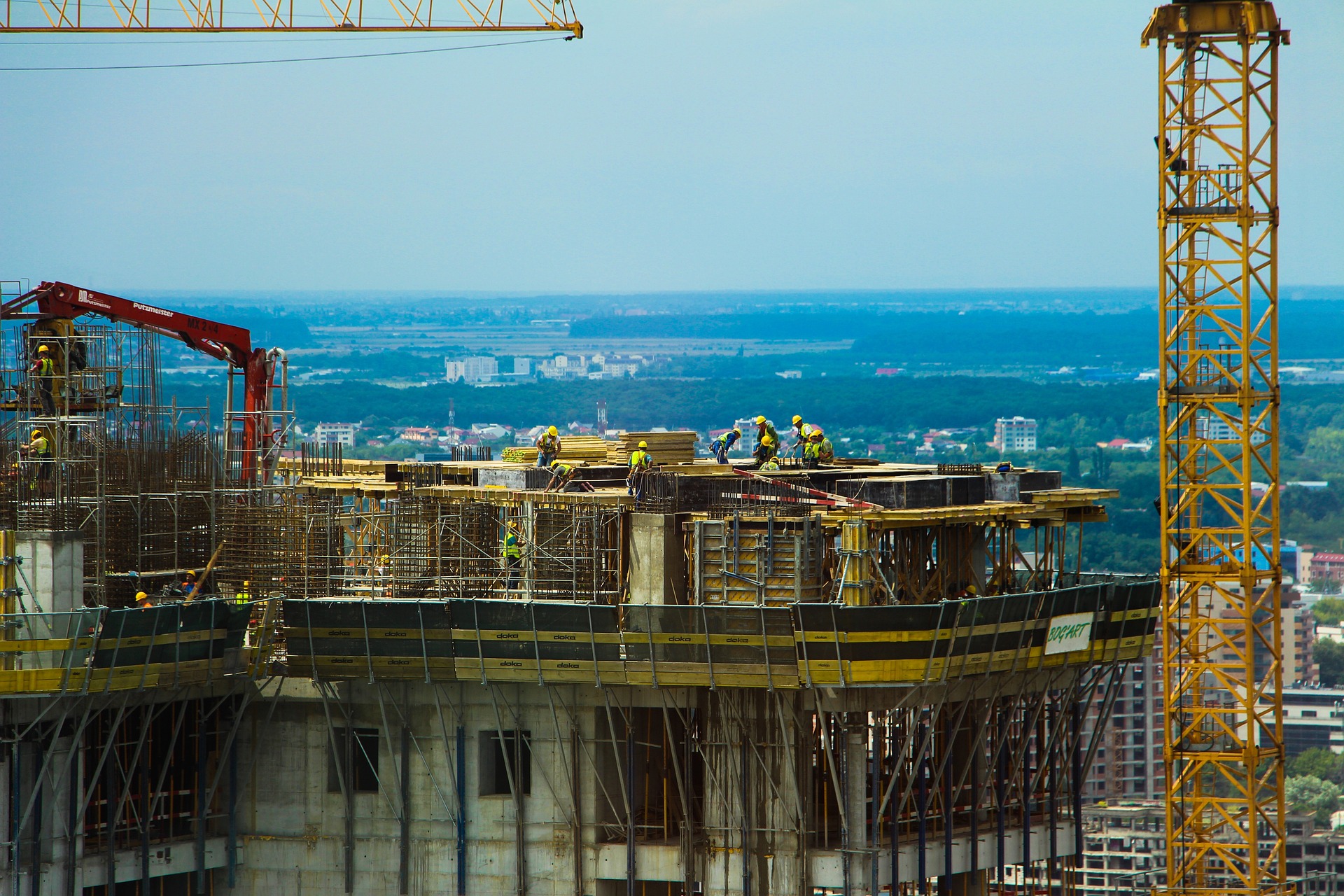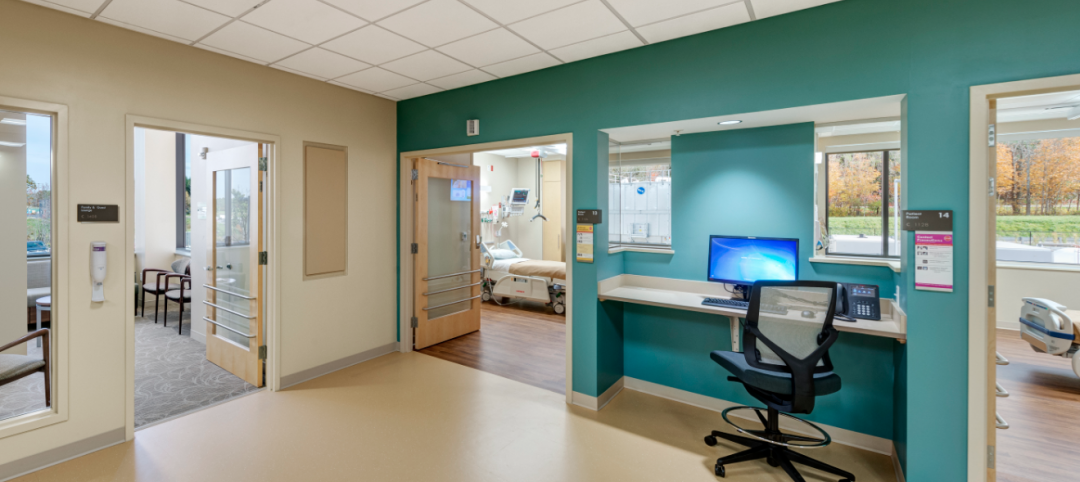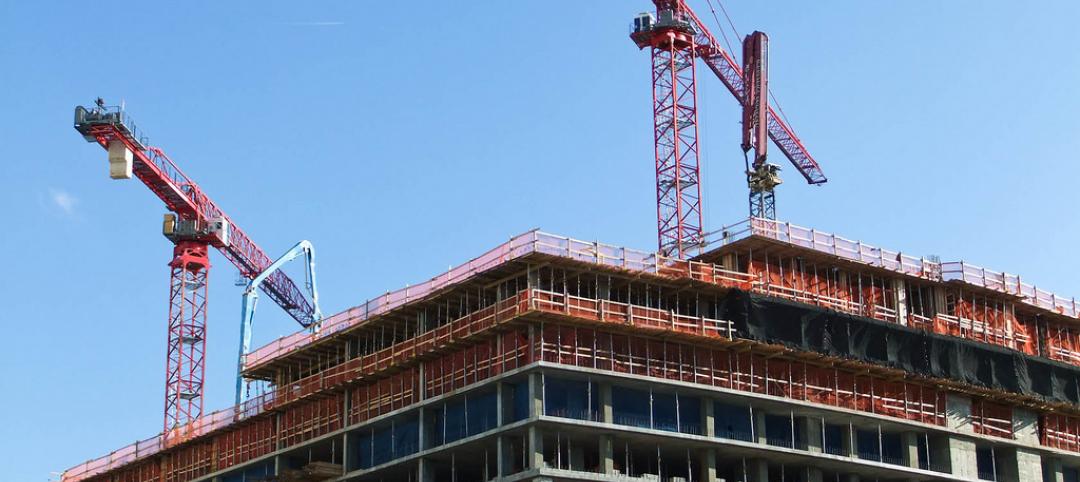Associated Builders and Contractors reports today that its Construction Backlog Indicator declined 0.2 months to 9.0 in January, according to an ABC member survey conducted Jan. 20 to Feb. 3. The reading is 1.0 month higher than in January 2022.
View ABC’s Construction Backlog Indicator and Construction Confidence Index tables for January. View the historical Construction Backlog Indicator and Construction Confidence Index data series.
Despite the decline in January, backlog remains elevated by historical standards and is 0.1 months higher than in February 2020, the month before the COVID-19 pandemic began to impact the economy.
ABC’s Construction Confidence Index reading for sales, profit margins and staffing levels increased in January. All three readings remain above the threshold of 50, indicating expectations of growth over the next six months.
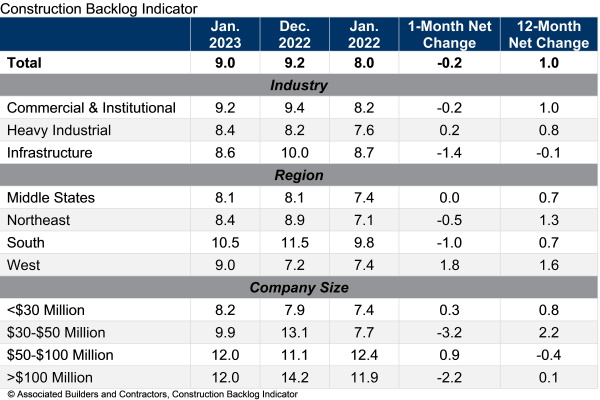
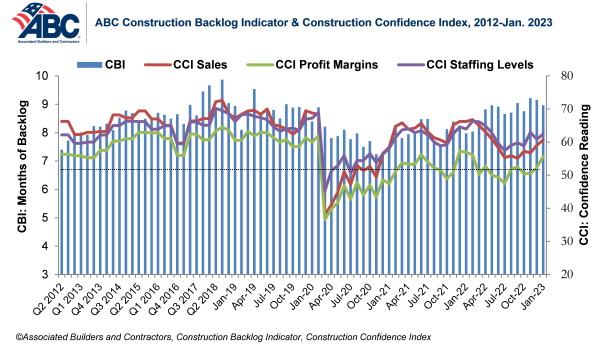
“Despite extremely elevated borrowing costs, worker shortages and a generally downcast economic outlook, contractor confidence rebounded in January to a level not seen since the first half of 2022,” said ABC Chief Economist Anirban Basu. “Given the recent employment report, the U.S. economy continues to fend off recession. Some economists have concluded that rather than a hard or soft landing, the U.S. economy is headed for ‘no landing,’ meaning that economic growth will continue despite rising interest rates.
“However, the incredibly strong January jobs report makes it more likely that the Federal Reserve will maintain higher borrowing costs for a longer period,” said Basu. “Eventually, that could cause the economic expansion to unravel, perhaps later this year. That could set the stage for diminished backlog and less confidence for contractors that specialize in privately financed projects as 2024 approaches.”
Related Stories
Healthcare Facilities | Aug 28, 2015
Hospital construction/renovation guidelines promote sound control
The newly revised guidelines from the Facilities Guidelines Institute touch on six factors that affect a hospital’s soundscape.
Healthcare Facilities | Aug 28, 2015
7 (more) steps toward a quieter hospital
Every hospital has its own “culture” of loudness and quiet. Jacobs’ Chris Kay offers steps to a therapeutic auditory environment.
Healthcare Facilities | Aug 28, 2015
Shhh!!! 6 ways to keep the noise down in new and existing hospitals
There’s a ‘decibel war’ going on in the nation’s hospitals. Progressive Building Teams are leading the charge to give patients quieter healing environments.
Mixed-Use | Aug 26, 2015
Innovation districts + tech clusters: How the ‘open innovation’ era is revitalizing urban cores
In the race for highly coveted tech companies and startups, cities, institutions, and developers are teaming to form innovation hot pockets.
Contractors | Aug 19, 2015
FMI's Nonresidential Construction Index Report: Recovery continues despite slow down
The Q3 NRCI dropped to 63.6 from the previous reading of 64.9 in Q2, painting a mixed picture of the state of the nonresidential construction sector.
Giants 400 | Aug 7, 2015
GOVERNMENT SECTOR GIANTS: Public sector spending even more cautiously on buildings
AEC firms that do government work say their public-sector clients have been going smaller to save money on construction projects, according to BD+C's 2015 Giants 300 report.
Giants 400 | Aug 7, 2015
K-12 SCHOOL SECTOR GIANTS: To succeed, school design must replicate real-world environments
Whether new or reconstructed, schools must meet new demands that emanate from the real world and rapidly adapt to different instructional and learning modes, according to BD+C's 2015 Giants 300 report.
Giants 400 | Aug 7, 2015
MULTIFAMILY AEC GIANTS: Slowdown prompts developers to ask: Will the luxury rentals boom hold?
For the last three years, rental apartments have occupied the hot corner in residential construction, as younger people gravitated toward renting to be closer to urban centers and jobs. But at around 360,000 annual starts, multifamily might be peaking, according to BD+C's 2015 Giants 300 report.
Giants 400 | Aug 7, 2015
UNIVERSITY SECTOR GIANTS: Collaboration, creativity, technology—hallmarks of today’s campus facilities
At a time when competition for the cream of the student/faculty crop is intensifying, colleges and universities must recognize that students and parents are coming to expect an education environment that foments collaboration, according to BD+C's 2015 Giants 300 report.
Giants 400 | Aug 7, 2015
RECONSTRUCTION AEC GIANTS: Restorations breathe new life into valuable older buildings
AEC Giants discuss opportunities and complications associated with renovation, restoration, and adaptive reuse construction work.


